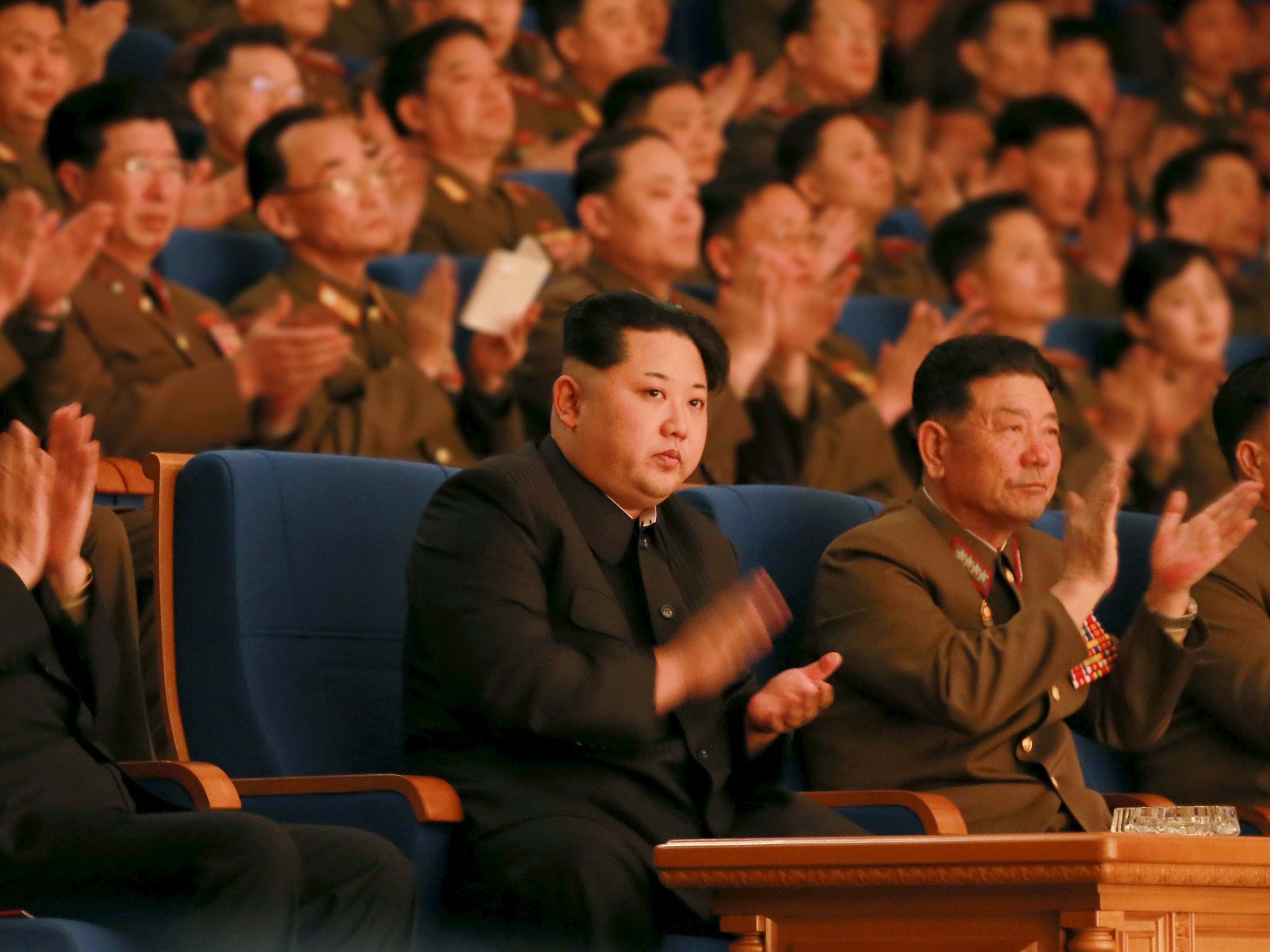As Burma improves, North Korea keeps getting worse
World View: Burma's transformation into a dramatically freer, more hopeful country is substantially President Obama’s doing

For North Korea and Burma, the coming weeks represent the parting of the ways. This weekend, in the wake of what Pyongyang claimed was its first ever testing of a hydrogen bomb, the UN Security Council is expected to vote on a new range of sanctions on North Korea. Jointly proposed by the US and China, these include bans on selling aviation fuel, which could ground the national airline, and on luxury items such as Rolex watches. The UN is also threatening Kim Jong-un with prosecution at the International Criminal Court.
Meanwhile, a couple of thousand miles away, generals and democratically elected politicians in Burma are fine-tuning the details of the nation’s first-ever peaceful transfer of power, with Aung San Suu Kyi’s National League for Democracy government scheduled to take over at the end of March.
The chief remaining bone of contention there is whether the generals (who will continue to hold a great deal of power) will agree that a crucial clause of the constitution be suspended to allow Suu Kyi become President. But even if they flatly refuse – and that is the likely outcome – no-one doubts that the crucial transfer will take place. And it will not be a mere matter of forms and titles. Huge challenges remain, but Burma is today a dramatically freer, more hopeful country than it was when President Obama arrived in the White House seven years ago.
That transformation is substantially Obama’s doing. So if Burma turned out well, why has North Korea in the same period gone from bad to worse?
Only three years ago, North Korea and Burma were still seen as secret allies. In March 2013, Japan reported intercepting a cargo of aluminium alloy rods heading for Burma from North Korea which could have been used to make nuclear centrifuges. It was the latest episode of a subterranean relationship focused on the covert transfer of nuclear and other military technology which caused serious jitters in Washington. As Asia’s two military-dominated hermit states, deeply authoritarian and congenitally paranoid, they had plenty in common.
And one of Burma’s most senior military men, former general Thura Shwe Mann, a decorated war hero, paid a secret visit to North Korea in late 2008 in which he toured missile factories, air force bases and radar stations and signed a memorandum of understanding for military cooperation with Pyongyang.
Some observers see that dangerous budding alliance – with Burma as potentially South East Asia’s first nuclear power – as the most compelling explanation for why the new Obama administration expended so much diplomatic energy in turning Burma around. Today the same ex-general Shwe Mann is Suu Kyi’s best friend on the military side, and has been given an important role in her party’s upcoming administration.
Why have the US and North Korea’s neighbours failed so totally to coax Pyongyang in a similar direction? One reason is the word “juche” or “self-reliance”, the paranoid state ideology which sees the whole world ranged against the plucky Democratic People’s Republic. Another is the word “Kim”. Since the downfall of General Ne Win in 1988, there have always been two or three Burmese generals jockeying for power, and this eventually opened the door to outside influence.
In the case of Korea, power is concentrated exclusively in the dynasty: witness the pitiless way Kim Jong-un disposed of his army chief the other week. As a result, no rival power centres have been able to gain traction. The new sanctions will confirm the belief of ordinary North Koreans that the whole world is against them.
Whether they will do much to weaken Kim is open to doubt.
Subscribe to Independent Premium to bookmark this article
Want to bookmark your favourite articles and stories to read or reference later? Start your Independent Premium subscription today.

Join our commenting forum
Join thought-provoking conversations, follow other Independent readers and see their replies